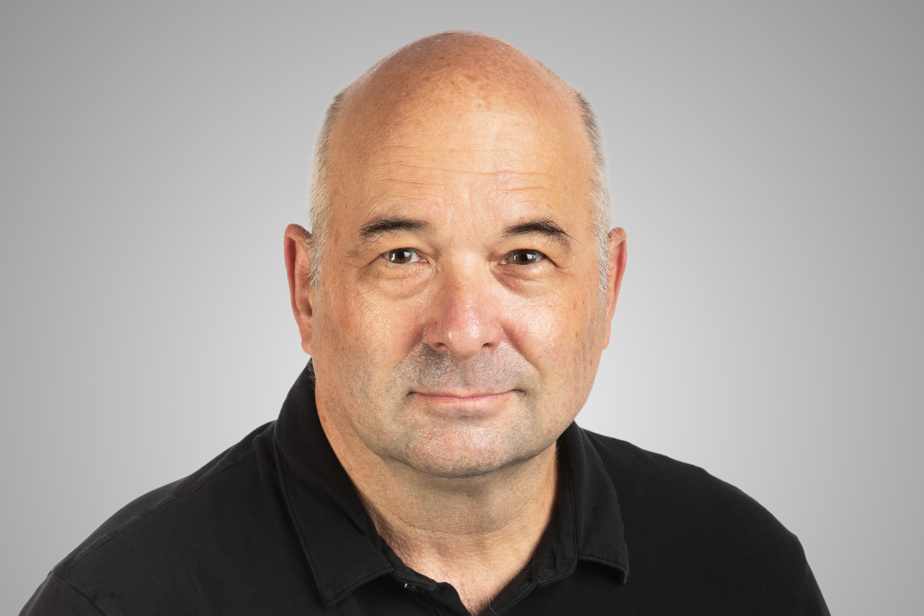The release of a new projection of seats in the House of Commons by Elections Canada sparks debate about Quebec’s political weight in Canada like never before. A debate as old as the country, but this time with even greater poignancy.
Posted on October 24, 2021
First, it must be said that Elections Canada’s guidance is not definitive. It just applies the results of the census to the election map in the most mathematical way possible. This proposal has always been the subject of political intervention, and that is normal.
In the proposed new distribution, Quebec would lose 1 seat and be down to 77, while Alberta would gain 3 and Ontario and British Columbia would gain 1 seat each. The House of Commons would increase from 338 to 342 seats. Quebec would then have 22.7% of the seats for 22.5% of the population, which is fair representation in a not always fair endeavor.
But it is clear that Quebec’s political weight within Canada is steadily declining, from 36% of the seats in the confederation to 27.6% in 1966, to 24.9% in 1999 and to 23.8% in the latter voting card elections.
Obviously, this loss of political power has always been part of the arguments of the sovereignty movement. But it has also been at the center of concerns from several federalist politicians. Among these, Robert Bourassa has made it a real obsession.
Mr. Bourassa was the last Quebec Premier to participate in major attempts at reforming Canada’s constitution, namely the 1987 Meech Lake Agreement and the 1992 Charlottetown Agreement.
In both cases, one of his main demands was to preserve Quebec’s political clout. In the case of the Meech Lake Agreement, it went through immigration. This would have constitutionalized the administrative arrangement that allowed Quebec to select its immigrants both abroad and in Canada.
But it also provided that the federal government of Quebec should “guarantee a number of immigrants, including refugees, proportionate to their percentage of the Canadian population, with the right to exceed that number by 5% for demographic reasons. “.
Five years later, in Charlottetown, Mr. Bourassa had accepted a Senate reform that provided for parity of the provinces in exchange for a formal guarantee of 25% of the seats in the lower house, regardless of demographics.
He also believed that this was undoubtedly the most important win for Quebec in the entire Charlottetown Accord, which – and not just in Quebec – was rejected in a pan-Canadian referendum. For Robert Bourassa, immigration was clearly one of the keys to maintaining Quebec’s political clout in Canada.
We have not heard from Prime Minister François Legault on this subject in the past week. But we will have heard about immigration. Here is what he said in the opening speech of the session in the National Assembly:
“It is very important that we must respect Quebec’s integration capabilities. Our immigration system must be adapted to the unique circumstances of a French-speaking nation in North America. The federal government must finally understand this. Quebec cannot have the same immigration model as English Canada. The survival of French requires a different approach. »
However, in the same inaugural speech, the issue of labor shortages took a backseat to almost every aspect of government activity: healthcare, education, early childhood and economic recovery in general.
Many people, particularly on the management side but also elsewhere in Quebec society, are telling the Prime Minister that we cannot do without immigrants to address the labor shortage. Since the beginning of his tenure, and even as the shortage grows, he has not moved. However, this is Mr Legault’s opinion, there is nothing to indicate that we cannot do more to integrate newcomers if we devote the necessary resources and efforts to it.
You cannot subdivide files when you are prime minister. Inevitably, the immigration issue also affects Quebec’s political weight in Canada.
This was understood by Robert Bourassa and many other prime ministers after him, who wanted more powers over immigration, but without decreeing that Quebec’s integration capacity had been achieved and could not be verified.
“It’s a test for Justin Trudeau,” Legault said on Friday. But it is also a test for him. One of the inevitable responsibilities of a Quebec premier is to help maintain Quebec’s political weight in federal institutions.
And all we can say is that Mr Legault is currently applying policies that will have the opposite effect.

Twitter enthusiast. Organizer. Explorer. Reader. Zombie aficionado. Tv specialist. Thinker. Incurable internet maven.



;Composite=(type=URL,url=https://images.radio-canada.ca/v1/assets/elements/16x9/outdated-content-2015.png),gravity=SouthEast,placement=Over,location=(0,0),scale=1)

;Composite=(type=URL,url=https://images.radio-canada.ca/v1/assets/elements/16x9/outdated-content-2016.png),gravity=SouthEast,placement=Over,location=(0,0),scale=1)
;Composite=(type=URL,url=https://images.radio-canada.ca/v1/assets/elements/16x9/outdated-content-2020.png),gravity=SouthEast,placement=Over,location=(0,0),scale=1)
